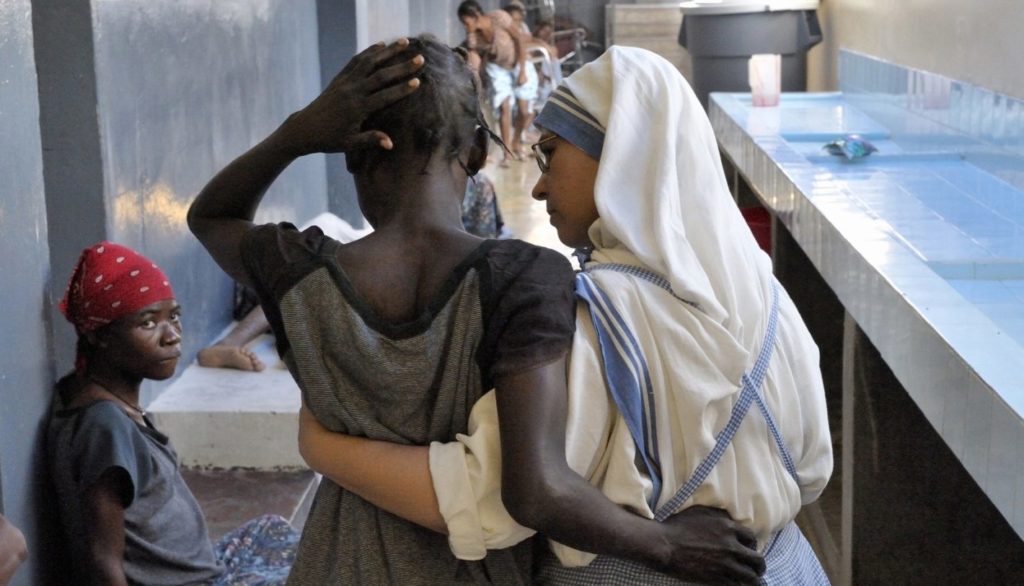A new missionary season involving all Christians by virtue of their baptism, modern prophets and witnesses who carry the Gospel to the ends of the earth in the power of the Holy Spirit. This is the dream that Pope Francis conveyed to the universal Church in his Message for the upcoming World Mission Day, released on Epiphany Day, January 6 of this new year.
The event will take place, as usual, on the penultimate Sunday of October, a month notoriously dedicated to missions, and this year it will fall on the 23rd. The theme chosen is taken from verse 8 of the Acts of the Apostles, "So that you may be my witnesses", which records the last conversation of the risen Jesus with the disciples before his Ascension into Heaven.
These words - Pope Francis writes in the Message - represent "the central point, the heart of Jesus' teaching to his disciples in view of his mission in the world". And they are a constant invitation to every baptized person if he or she wants to be a true witness to Christ. Here arises "the identity of the Church", which is built not in isolation in the individual members, but in community, as St. Paul VI already indicated in the Evangelii Nuntiandi.
As for the essence of this mission - the Pontiff explains - it translates into "bearing witness to Christ, that is, to his life, passion, death and resurrection, out of love for the Father and for humanity". It is a warning for every Christian, who is called, in short, not to communicate himself or his own gifts and abilities, but to "offer Christ with words and actions, announcing to all the Good News of his salvation with joy and frankness, like the first Apostles".
True witnesses
This can also mean, at times, suffering "martyrdom", not necessarily bloody, but it is the most concrete way of being true witnesses. It is not by chance that in evangelization "the example of Christian life and the proclamation of Christ go together", like the two lungs with which a community that considers itself truly missionary must breathe, Pope Francis stresses in his Message.
The Pope then reflects again on the need to go beyond the "usual places" of evangelization, since there are still geographical areas where the Christian message has not yet reached. At the same time, we must also consider all those social and existential horizons, those "borderline" human situations that nourish a desire, even if it is not expressed, to encounter Christ.
Obviously, it is necessary to count on the constant inspiration of the Holy Spirit, because he is "the true protagonist of the mission", who gives strength to his disciples and knows how to give "the right word, at the right time and in the right way".
In this perspective, the Pope invites us to live also the different missionary anniversaries that fall in this year 2022. Among them, the 400th anniversary of the creation of the Sacred Congregation of Propaganda Fide, "a providential intuition" that already in 1622 made it possible to carry out the Church's evangelizing mission far from the interference of worldly powers.
Two centuries later, the French Pauline Jaricot - who will be beatified on May 22 - founded the Association for the Propagation of the Faith, which allowed individual believers to participate actively in the missions through a fruitful network of prayer and collections for missionaries. From that first seed was born today's World Mission Day.
Witnesses killed
This anniversary can also be an opportunity to remember the many witnesses who give their lives for the missions every year, being killed in contexts of violence, social inequality, exploitation and moral and environmental degradation: parish priests, priests engaged in social works, religious, but also many lay people and catechists.
Each year, their stories are collected in a dossier published by Fides. In 2021, for example, 22 missionaries were killed in the world, 13 priests, 1 religious, 2 nuns and 6 lay people, most of them in Africa, but also in America, Asia and one case in Europe. People who gave witness to Christ until the last moment of their lives, often in those geographical and existential peripheries far from conventional places, as the Church invites and as true mission demands.








